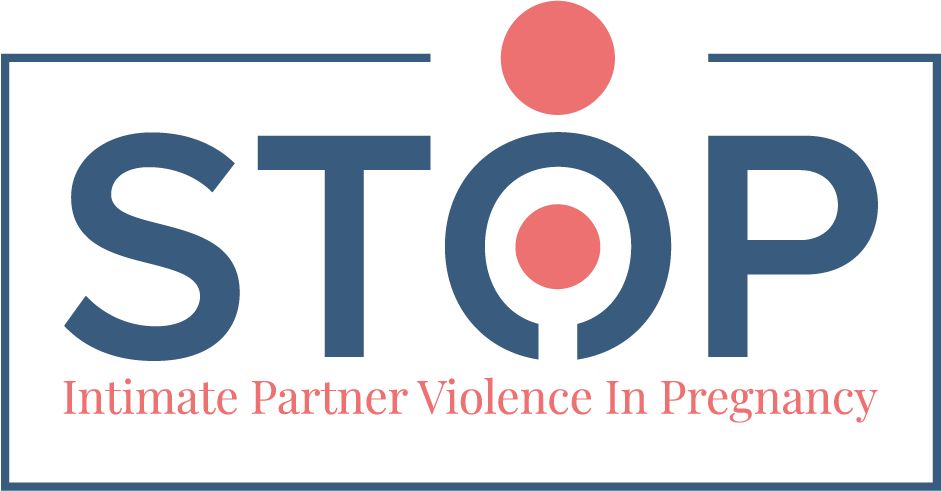Focus Group Interviews
To inform the development of the STOP intervention, focus group interviews were carried out in both Spain and Denmark with NGOs and women exposed to intimate partner violence (IPV). The purpose of the focus group interviews was to gather information and input from relevant stakeholders (NGO’s) in both Spain and Denmark to develop the STOP intervention covering both the Video Counselling and Safety Planning app.
The focus group interview with the Spanish NGO’s was completed on September 30, 2020, with six participants. The focus group interview with the Spanish women exposed to IPV was completed on October 6, 2020, with five participants.
The focus group interview with the Danish NGO’s took place on September 8, 2020, with three participants. This was followed by three additional interviews with NGO’s on the October 2, 2020, October 5, 2020 and November 2, 2020. The interview with the Danish woman exposed to IPV was completed on November 24, 2020.
The focus of the interviews was to discuss and receive input about the needs of women exposed to IPV, their existing ways of handling IPV and their concerns for a video counselling service, and the use of a safety planning app.
Based on the interviews, the following needs in terms of support have been identified:
- Acknowledgement: The pregnant woman does not see herself as a victim of violence and finds it hard to accept.
- Ambivalent emotions towards the partner: They have a lot of dreams and hopes regarding their relationship, and this makes it hard to accept that their “life project” to create a family is broken.
- Fear of the system: Fear of losing custody of their child if they communicate their situation.
- Resources: Worries about being on their own, having to do everything on their own and without financial support from the partner.
- Low self-esteem: Finding it difficult to make decisions and taking actions to change their situation.
- Isolation: Rebuilding their connections and relations in the world, helping them identify their network and learn about the resources available for help.
- In order to help the woman acknowledge her situation it is very important that the counsellors listen to her, hear her story and gain her trust. Some of the participants were concerned that having the counselling via video might create distance and make it hard to gain the women’s’ trust. Others believed it might make it easier to talk about the difficult subjects because of the distance. They were also concerned about if and where the woman would be able to conduct the video counselling, due to a controlling partner or lack of access to Wi-Fi.
The participants found that the features in the safety planning app could be useful for the women. All the participants agreed that it was very important that the app would be camouflaged so the partner would not get suspicious.
All the participants agreed that a full recovery is often a long process that can take years and often the violence continues after the woman leaves the violent partner. If the STOP-intervention is a limited service, it is important that the women receive support and are encouraged to seek treatment elsewhere.
As this deliverable is confidential, it is not made available here.
